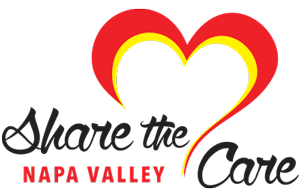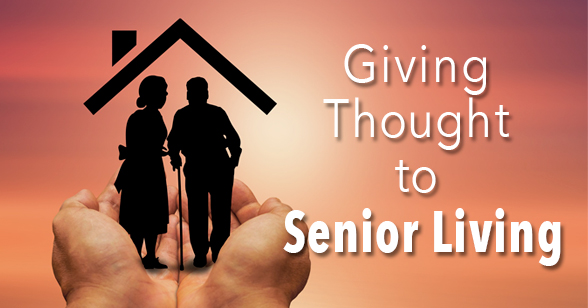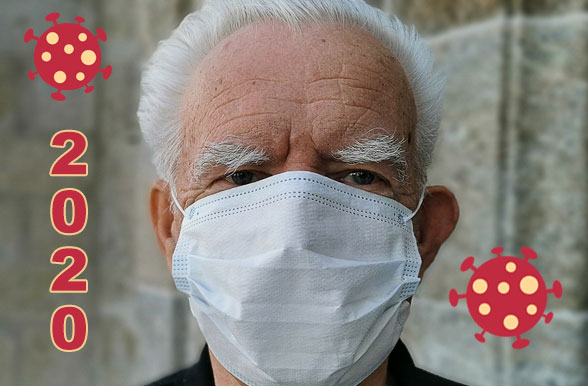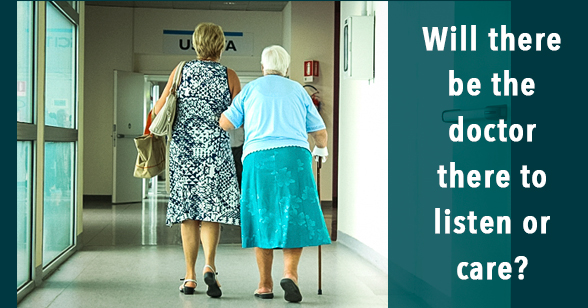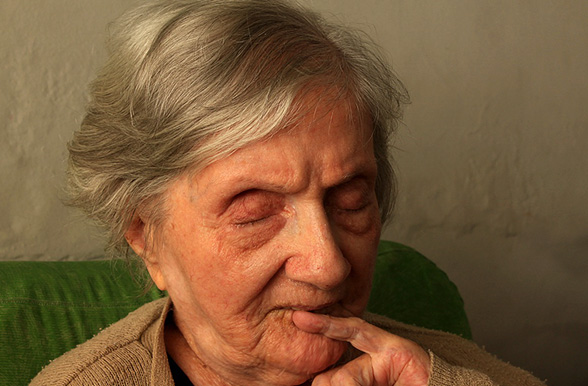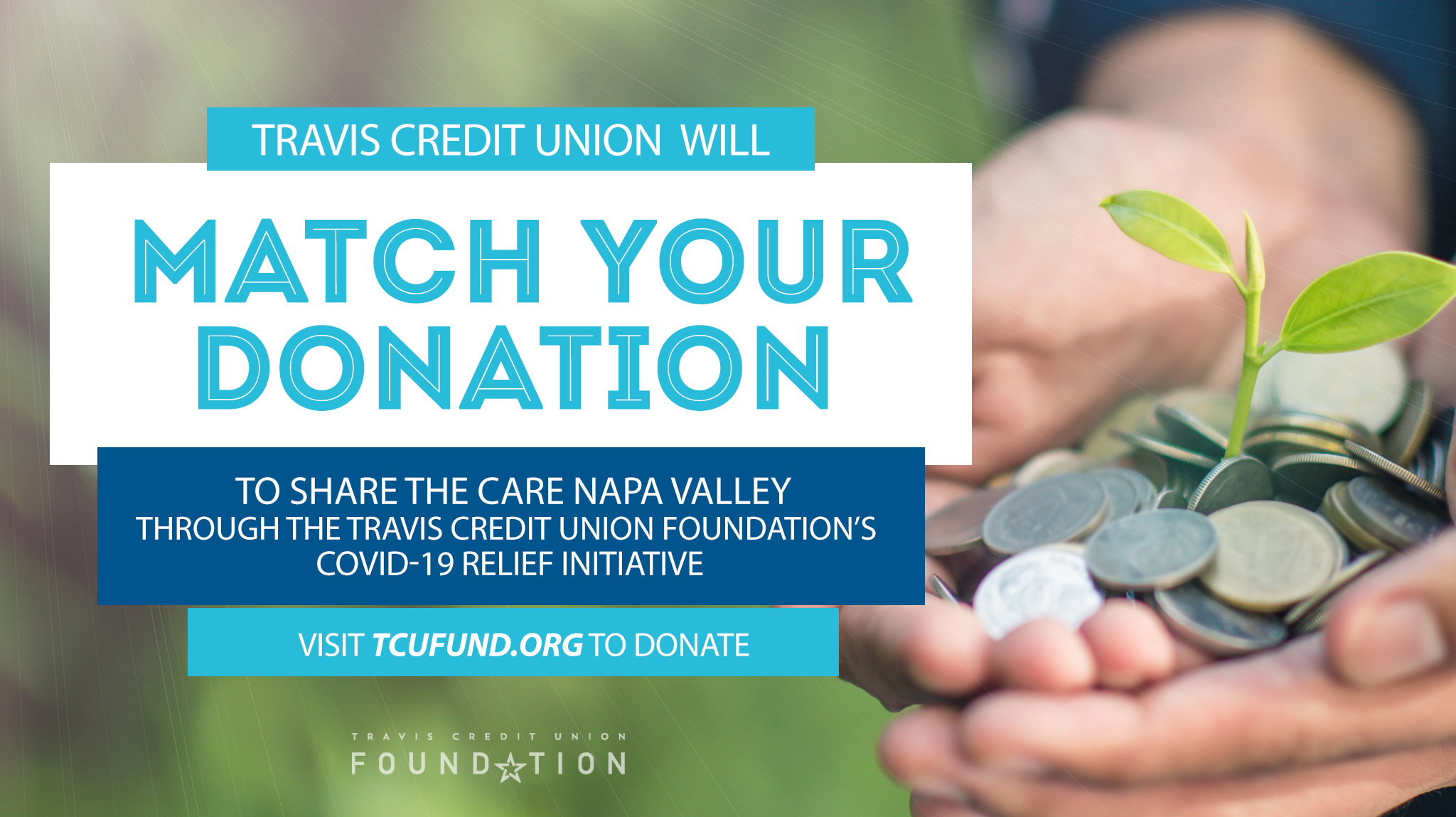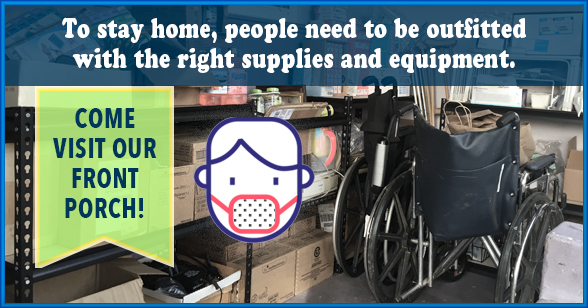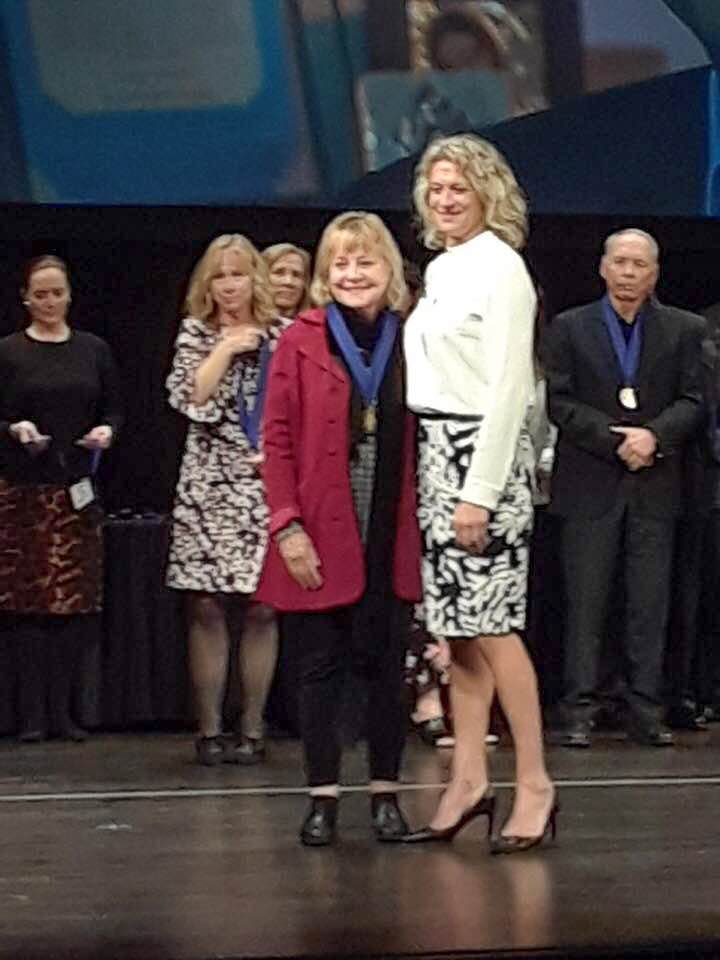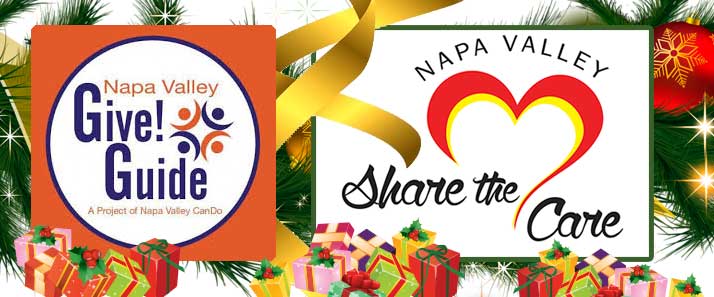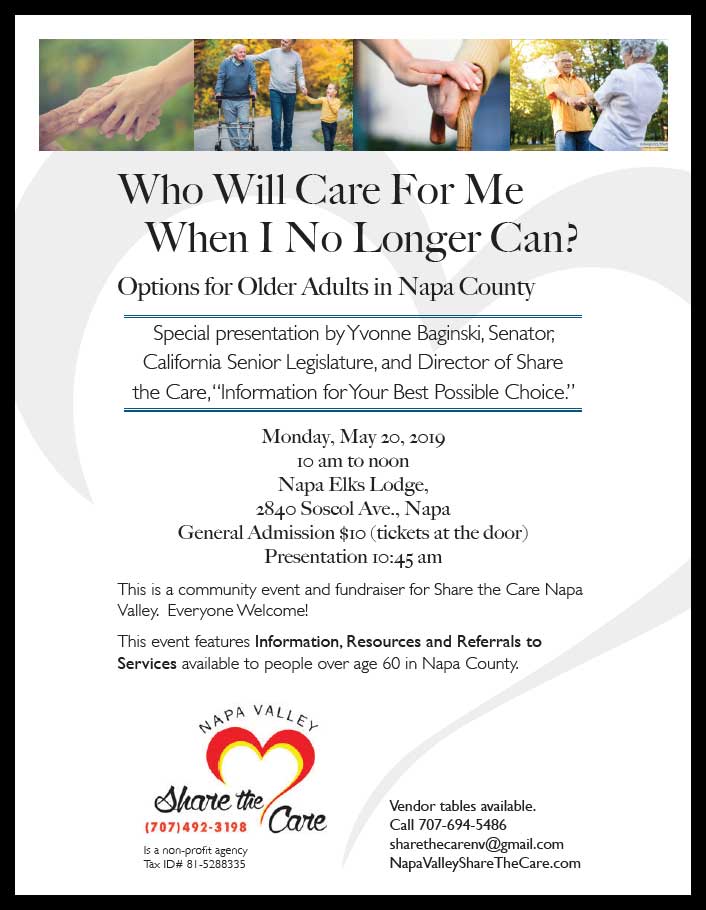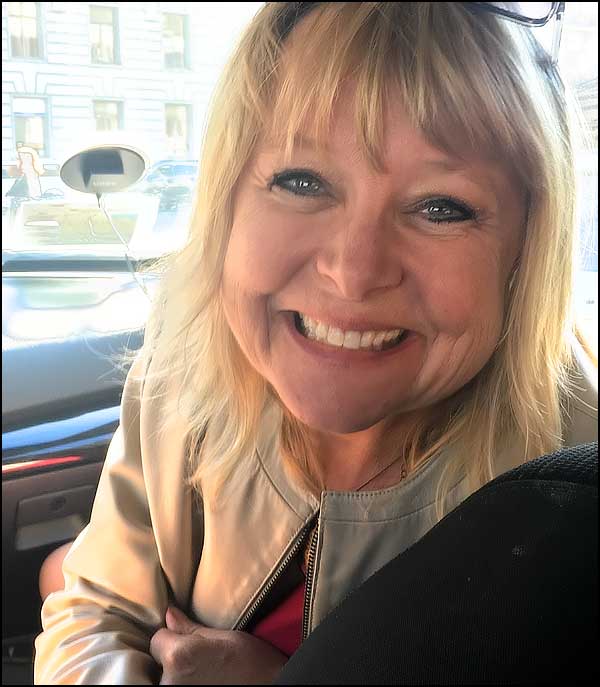This month, I had the opportunity to work with several low-income older adults regarding changes they wanted to make in their living situations. We read a lot in the newspapers about the need for “affordable” housing in Napa … but, this is usually for working adults, or people with families. There is another crisis in our reality, that is virtually ignored by our political icons, and that is the desperation of aging people, needing care due to physical/cognitive decline, and having no place to live. The “no place” to live is strictly due to income. They are living on Social Security alone, squeaking by every month … but, then it comes time for more care, and there is no place to go and no one to take care of them.
Our In-Home Support Services system, which is paid for by Medi-Cal, and provided by Napa County, is going through a severe shortage of choreworkers. The pay offered to the choreworkees is very low, and many of them are driving in from Solano County because they can’t afford to live here. We have older people who qualify for choreworker support, but are unable to find anyone to take on the job. The IHSS system is not enough.
Some believe that the skilled nursing facilities will be a final home when circumstances gets desperate. Only for a few. Cognitive decline is not a medical reason for admission, on Medi-Cal, to a nursing home. A broken hip, or recovery from pneumonia is … but, they only want you for the first 21 days covered by Medicare. Then, the discharge planners are looking to send you back home.
I cannot tell you how many calls I have gotten this year from panicked family members asking for a “place” where mom can go because she can no longer manage alone at home. And, her income is $1,300 a month.
Napa County desperately needs a non-profit, publically supported assisted living center for low-income aging people in cognitive and physical decline. The time to have one is now. The planning should have happened a year ago. I asked our community for support, holding a very public meeting on what we can do to help make this happen. Many showed up for the first meeting, by the third meeting there were only four of us sitting around the table. We tabled the idea, not enough support.
As I retire next month from Share the Care, I leave with the regret that I am leaving people behind that need more help at home, and there is no program/service in our community that is currently able to help. Caring for older people is not a job for volunteers. We tried that. Share the Care started as a volunteer program, and we discovered that while people are well-meaning in intent, there is a reality of being there for another on a daily basis.
Today, I have one woman who, with Lewy Body Dementia, has been living alone for five months in anxiety and fear, wondering what is going to happen to her? I frankly told her that I didn’t know … there is no place to go and she can’t afford anyone to care for her. There are no friends or family, either.
In another situation, a man fell, breaking six ribs and was hospitalized. He wants to return to his apartment, but without care, he had to go to the nursing home. He will be there for about three weeks, and then be sent back home. Except there still won’t be anyone to care for him … which is why he fell in the first place. Also, no family or friends on the horizon.
Sometimes there are more questions than answers when it come to us figuring out how to care for each other. Share the Care is a start in our community, but it truly needs to grow to meet an even greater need. The new executive director will be starting the job on January 25.
